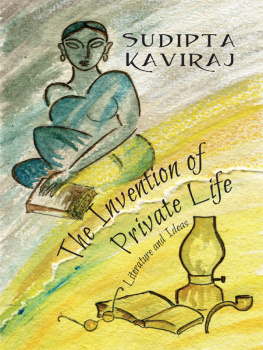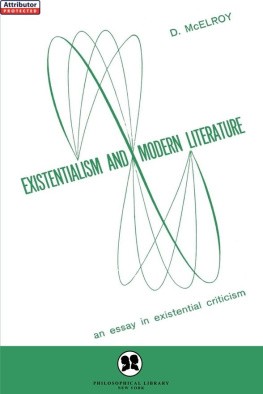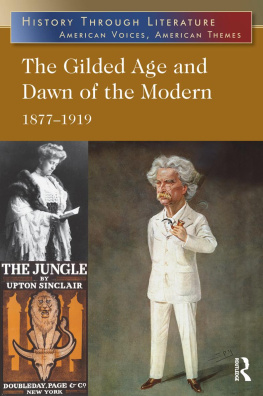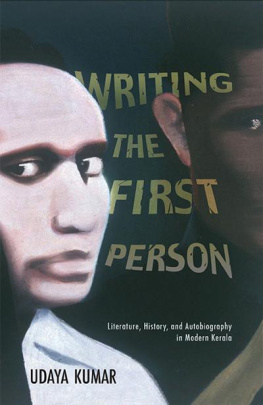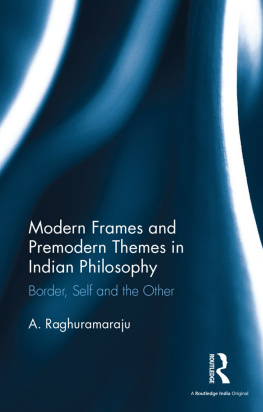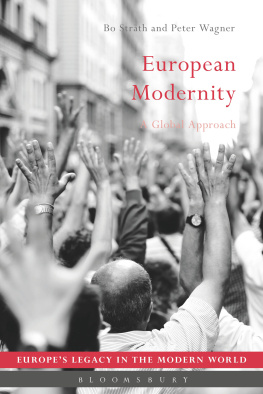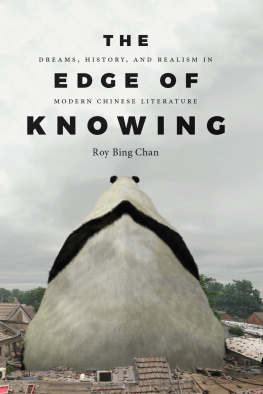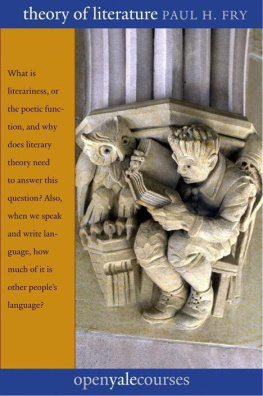The Invention of Private Life
The Invention of
Private Life
Literature and Ideas
SUDIPTA KAVIRAJ
COLUMBIA UNIVERSITY PRESS
NEW YORK
Columbia University Press
Publishers Since 1893
New York Chichester, West Sussex
cup.columbia.edu
Copyright 2015 Sudipta Kaviraj
All rights reserved
E-ISBN 978-0-231-53954-8
Published simultaneously in India with Permanent Black
ISBN 978-0-231-17438-1 (cloth : alk. paper)
ISBN 978-0-231-17439-8 (pbk: alk. paper)
ISBN 978-0-231-53954-8 (e-book)
Library of Congress Control Number : 2014956816
A Columbia University Press E-book.
CUP would be pleased to hear about your reading experience with this e-book at .
Cover design and art by Anuradha Roy
Illustration inspired by a drawing by Jamini Roy
References to websites (URLs) were accurate at the time of writing.
Neither the author nor Columbia University Press is responsible for URLs that may have expired or changed since the manuscript was prepared.
for
SHASHWATI
Contents
T he essays collected in this volume analyse literature but their concerns lie at the intersection of three different academic disciplines: the study of literature, social theory, and intellectual history. Literary criticism approaches literature primarily from the point of view of its internal aesthetic values; sociology of literature, on the other hand, seeks to understand the relation between literature and society. Some approaches to literary texts tend to reduce them to history, or historical raw material. It is interesting to see that this particular form of reductionof literature to historyis not only a problem in modern culture. Dhananjaya, the author of Dasarupaka, a major text on literary and dramatic theory in medieval India, remarked in his invitation to literary texts:
nandaniyandiu rpakeu vyutpattimtra phalam alpabuddhi |
Yo ptihsdivad ha sdhus tasmai nama svdaparmukhya ||1.6||
[those who have only an elementary proficiency in understanding literary representations, and consequently have a rather limited comprehension of this field, those who maintain that literature is like history, I bow to them too, who are averse to the pleasure-secreting qualities of literary texts]
In a sense, Dhananjaya could be accused of a philosophical indiscretion. It is possible to claim that the only valid response to literature is a deferential silence. Literature is to be enjoyed, not taken apart by analysis. A possible defence of literary analysis in the face of this criticism would be that analysis is itself enjoyment of a different variety which does not interfere with the process of enjoying literature; and since great literature also helps us think about its own worlds in interesting and unprecedented ways, it is important to reflect on the way the text sees the world, and, as far as possible, the way the world saw the text. Particularly because I am not a scholar of literature, I should explain what draws me into it, and what I was trying to do when I wrote these essays.
I have an interest in two fields of studymodern Bengali literature, and social and political theory. Initially, I believed these two fields of intellectual curiosity were entirely separate and had nothing to do with each other: that their co-presence in my mind was simply an accident of taste, that it just so happened I had an intellectual liking for literature and political theory. For a long time in my academic life, I did not try to bring these two interests together. Then, two things broke this wall of separation decisively. I started to ask a question about the global natureor if you like, claimsof Western political theory. This was not an illegitimate question in view of the amount of intellectual effort we had invested studying and trying to master it in our education. It is not irrelevant to ask what, if anything, the entire tradition of Western social theory is trying to achieve. It is of course true that social and political theory is a vast field of unusual diversity and creativity in Western thought, and it might be hard to find a single identifiable purpose in this body of thought. Yet it is not implausible to ask such a question.
From this point of view, what we call Western political theory appears to be a kind of self-reflection of European modernity. This is the primary form in which European modern societies asked the central questions about the deep historical change that was affecting them since the time of the renaissance. Modern social theorists in the West collectively invented a form of reflection on their own fast-moving history which sought to understand the meaning of historical change. Though the idea of a meaning in history is often derided by philosophers pursuing strong ideals of conceptual clarity, the basic sense of this phrase is not hard to grasp: it refers to the direction of historical processes, detection of patterns, and evaluative judgements on events and processes that constitute historical change.
Underlying this vast field of enquiry is the implied sense that modernity is a historical stage of deeply paradoxical quality. It intensifies the impulse towards clarification, understanding, even transparency of historyon the grounds that the historical field is increasingly marked by vast attempts at collective, concerted action, revolutions, movements, the creation and destruction of states, and the deliberate transformation of economic and social structures. The demand for transparency is linked to the idea and ideal of self-consciousness: the idea that since human beings collectively and individually undertake such actions, they should be clear about their purposes, if not their consequences. But many modern Western thinkers also suggest that the question of transparency in history has to be complex, as there are forces and patterns in modernity which make this history unusually cognitively untransparent. Although thinkers like Hegel, Adam Smith, Marx, and others advanced similar intuitions, I would like to illustrate this by taking a theme from de Tocqueville.
In the last chapter of Democracy in America, after his magisterial survey of the history of democracy in the West, de Tocqueville evinces a paradoxical sense of cognitive bafflement: I go back from age to age up to the remotest antiquity; but I find no parallel to what is occurring before my eyes: as the past has ceased to throw its light upon the future, the mind of man wanders in obscurity. I do not think the phrase, the past has ceased to throw light upon the future, is mere rhetoric: it seems to gesture towards a deeper obscurity at the heart of the making of modern history. Modernity is a stage of history in which, as Marx noted in another famously Shakespearian rhetorical phrase, all that is solid melts into air. There is a shared sense in all these writers that the time we call modernity produces social structures of an unprecedented, paradoxical kind. Such structures possess all the Durkheimian qualities of imposing constraints upon actions, but they also undergo frequent restructuringnot because modern society is replaced by another form, but because the self-transformation of structures is in the nature of modernity itself. Modernity is cognitively intractable in a special sense, because of this reason. Social theory is the cognitive pursuit of this elusive fugitive structure of the present.

